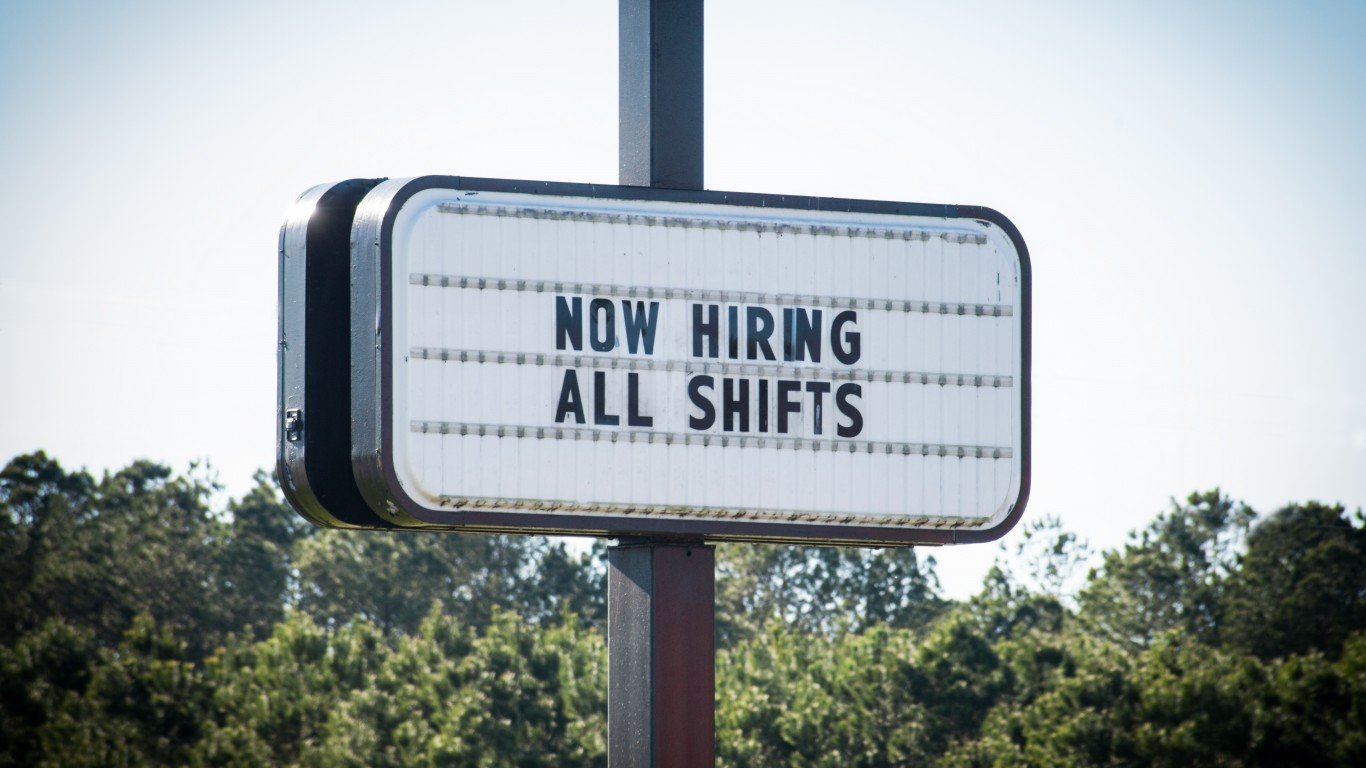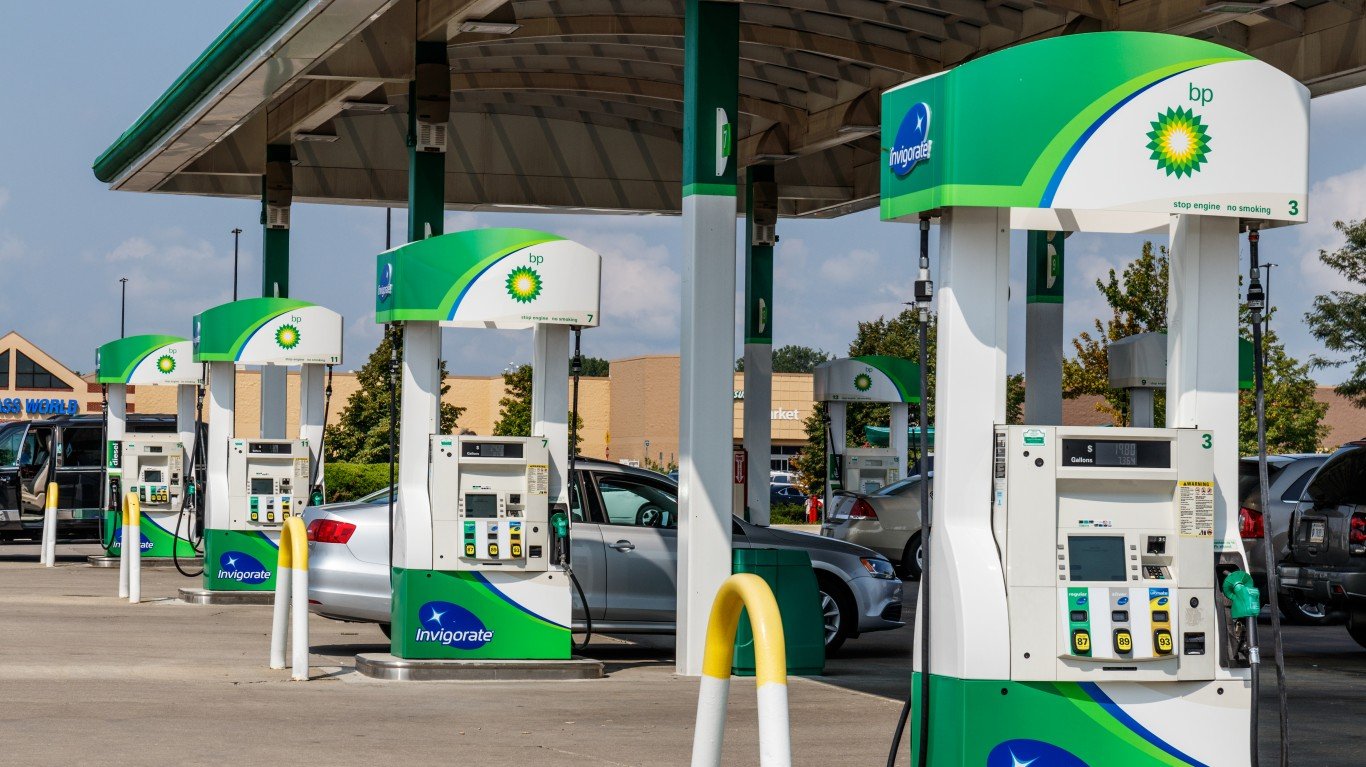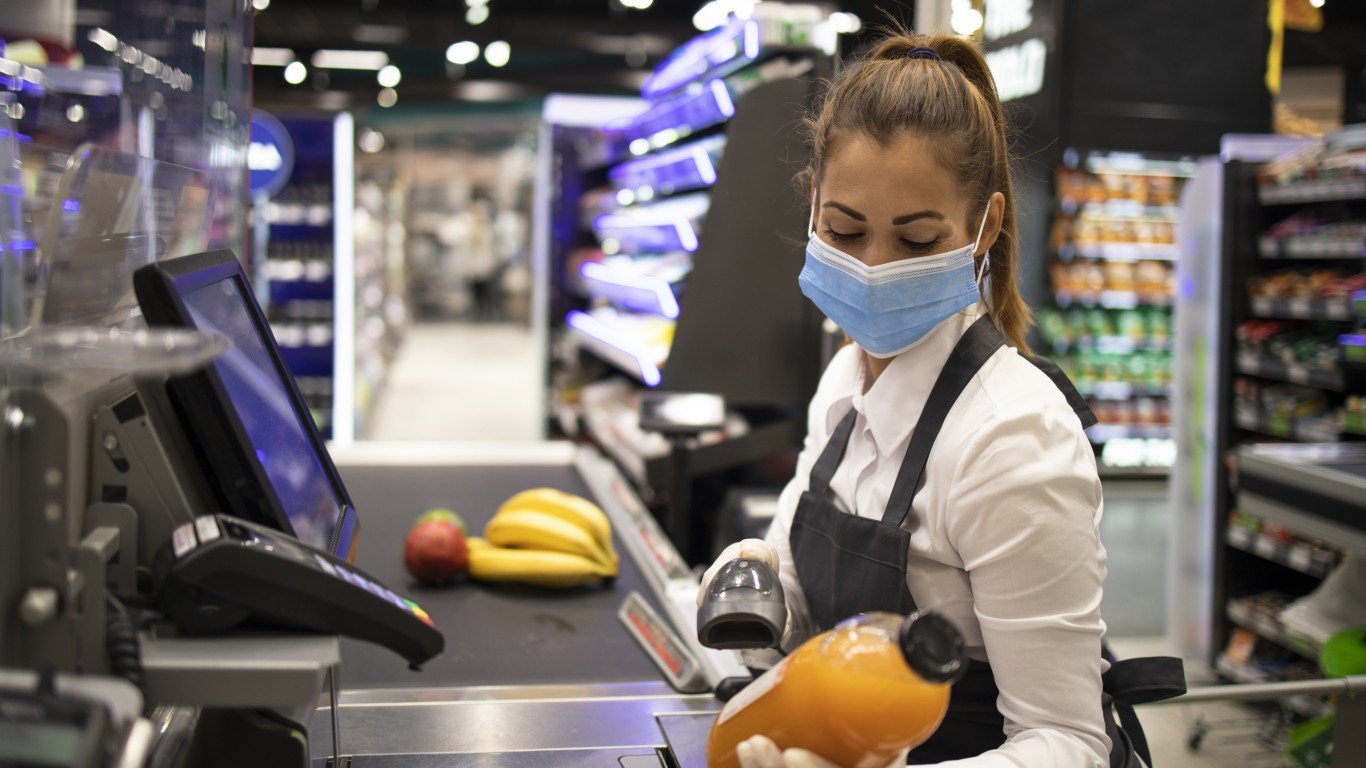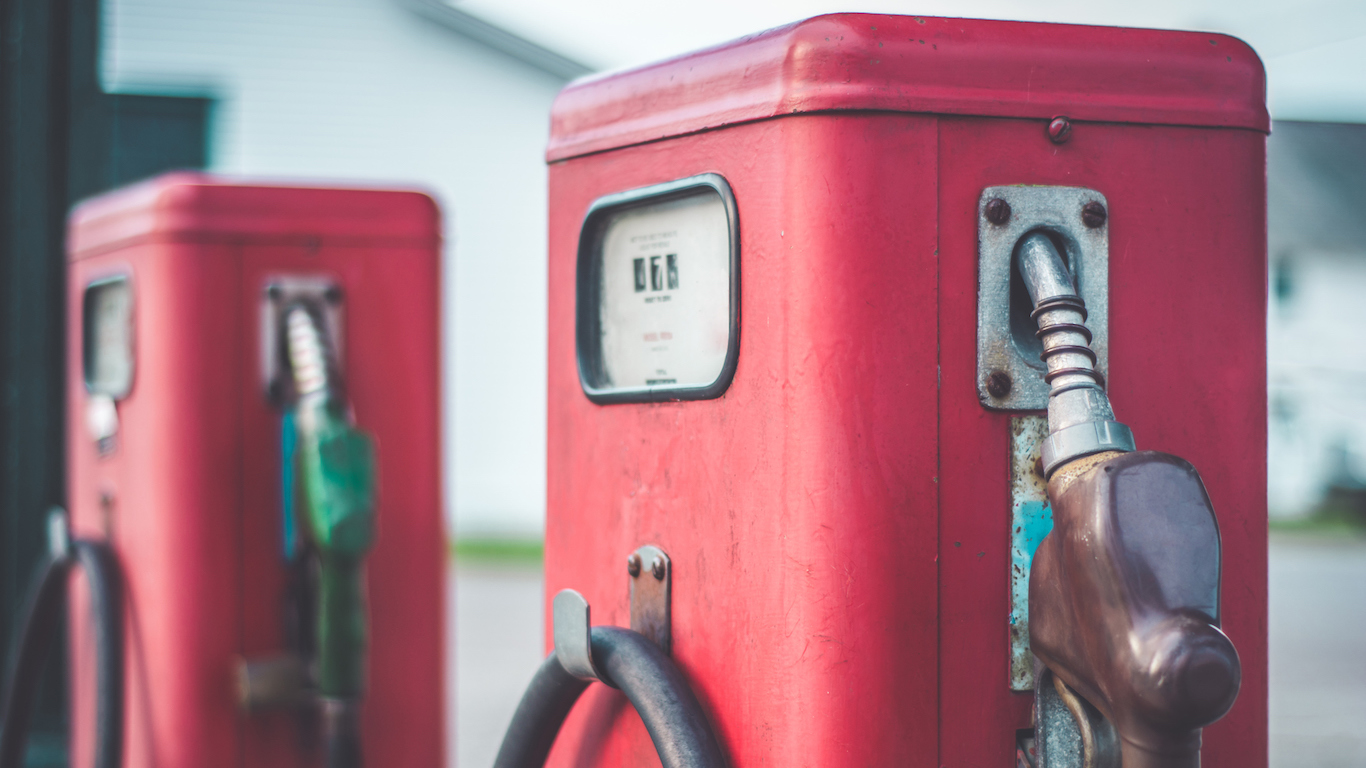

Inflation has started to cripple the U.S. economy. Consumer prices, as measured by the consumer price index, were 9.1% higher this June compared to the same time last year. This rate of inflation is a four-decade high.
The prices of many essential items have risen by double digits. The items that increased the most in price include such everyday necessities as gas, eggs, some meats, and a number of other regularly-purchased foods. And for those who have needed a new or used car this year, prices have risen by as much as 50% compared to 2021. (See: record inflation driving up prices for these 40 household items.)
To mitigate inflation’s effects, Americans need to evaluate their consumption habits and lifestyle choices. Specifically, there are 10 things in the current inflationary climate — some general issues and some specific items — that can dent a household budget the most. Households might need to curtail or entirely end consumption of some items. They might also need to re-examine other choices.
When people know what causes inflation, they are better off in making adjustments than when they do not. (No matter what, however, inflation is an even greater hardship for people who are already struggling financially. This is the city where the most people rely on food stamps in every state.)
The most important data economists use to detect inflation by product or service is the Bureau of Labor Statistics’ Consumer Price Index Summary. It is available to the public. It measures the price increases of dozens of items every month compared to the previous months and the same month in 2021.
These are 10 things Americans need to worry about with high inflation, including suggestions as to how some might be addressed.
Click here to see 10 things Americans need to fear about inflation.

Rising gas prices
Gas prices have hit millions of consumers more than any other item. In early 2021, the price of an average gallon of regular gas nationwide was about $3. The figure recently went above $5 per gallon.
People who can avoid or at least reduce the amount of driving can save hundreds of dollars a month. It is critical to understand that the oil shortage could last well into next year. Gas prices are not expected to decline any time soon, and in fact, they could still rise.
[in-text-ad]

Inflation is outpacing wage growth
Wages are not rising as fast as prices for tens of millions of Americans, which means long-term belt tightening is essential when possible. National inflation for all goods and services is up over 9%. Average wages are rising at a figure closer to 5%.

Winter heating costs
Heating costs are a significant component of housing expenses, and homes of millions of Americans are heated with oil — which is among the products with the highest price increase. The only way to reduce heating costs is to drop the temperatures at which heat kicks in by a few degrees. Holding heating temperatures at 68 degrees saves a great deal of money compared to 72 degrees. If needed, wear a light sweater at home.

Some costs are going down
The price of some household items are falling or at least rising more slowly than the national inflation rates. People can take advantage of this to help lower their cost of living. Among the items with declining prices are smartphones, televisions, and car and truck rentals.
[in-text-ad-2]

Air travel
Travel costs have soared more than most items. Specifically, the prices of airline tickets have risen by extraordinary amounts. People who stay at home can save large sums of money.

Buying a car
Car prices have skyrocketed because of shortages of the chips used in auto manufacturing. As new car supply has dropped sharply, dealers and manufacturers have increased prices. Used cars have been an alternative, but the high demand has pushed prices of pre-owned cars higher as well. Cars last much longer than they used to. People can hang on to cars longer.
[in-text-ad]

Food preferences
Make food substitutions. The price of chicken is rising much faster than the price of most beef. The price of tomatoes is rising much more slowly than other fruits and vegetables.

Labor shortage
Inflation cuts company profits, which makes management less likely to give raises. However, there is a labor shortage. Employers need to consider whether to let someone walk out the door and risk being unable to replace them or give them a raise. Ask for a raise.
Inflation will also affect tens of thousands of small business owners, many of whom work on small margins anyway. Hoarding cash has become a valuable habit.

Buying a house
Home prices are likely to fall, or at least stop rising because of high mortgage rates. Moving today presents financial risks it did not just a year ago. Consider if it is the right time.
Take This Retirement Quiz To Get Matched With A Financial Advisor (Sponsored)
Take the quiz below to get matched with a financial advisor today.
Each advisor has been vetted by SmartAsset and is held to a fiduciary standard to act in your best interests.
Here’s how it works:
1. Answer SmartAsset advisor match quiz
2. Review your pre-screened matches at your leisure. Check out the
advisors’ profiles.
3. Speak with advisors at no cost to you. Have an introductory call on the phone or introduction in person and choose whom to work with in the future
Take the retirement quiz right here.
Thank you for reading! Have some feedback for us?
Contact the 24/7 Wall St. editorial team.



